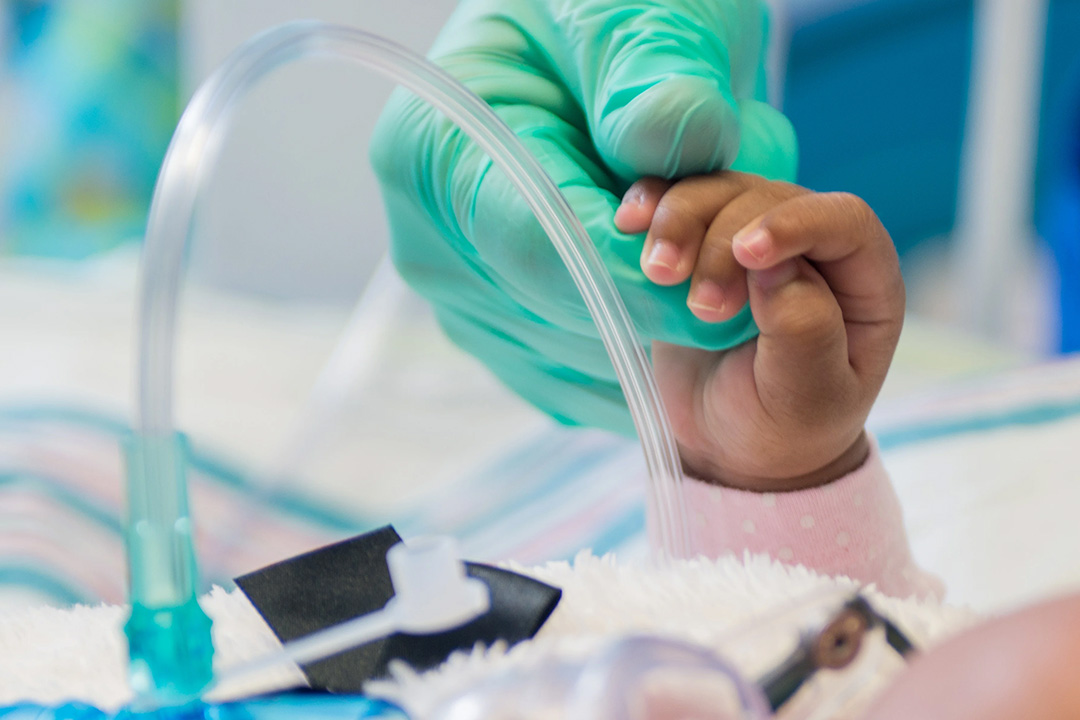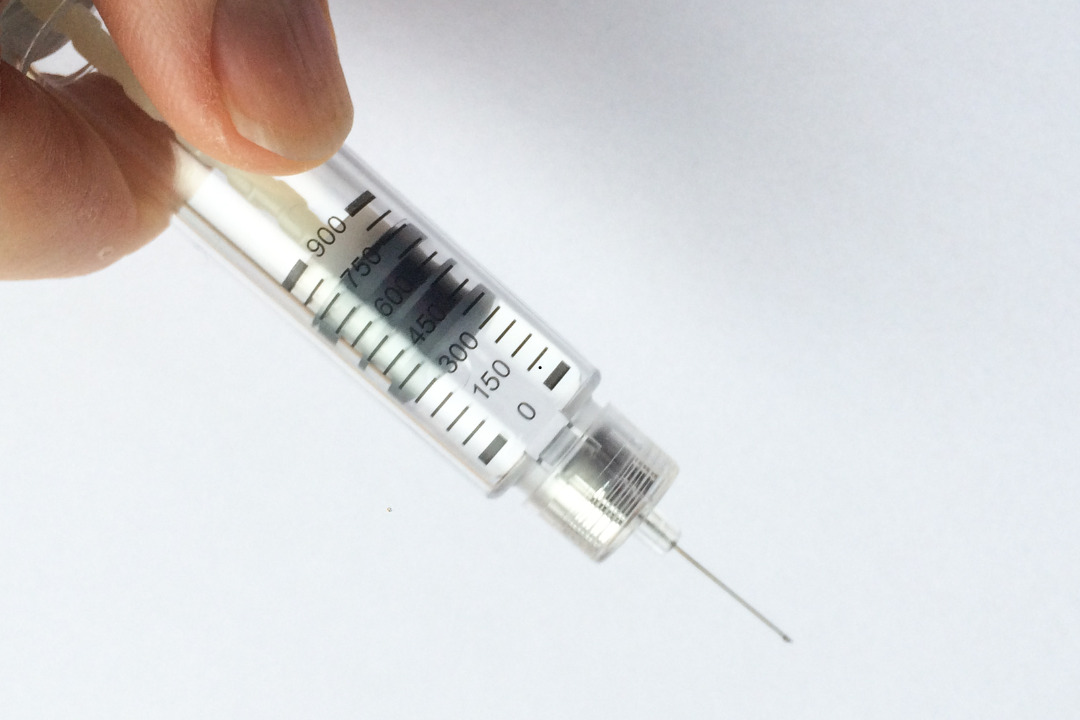Unsuccessful Implantations: Causes, Symptoms, and Management What is Implantation?
Unsuccessful implantation can be a major obstacle when a couple is trying to conceive. This step following fertilisation, is essential for having a successful pregnancy. This article shows the causes, signs, and steps people can take after an unsuccessful implantation.
What is Implantation?
When embryo gets placed deep into the lining of the uterus it is known as implantation. This is where the embryo can begin to grow. The entire process of implantation occurs after the fertilization-fusion of egg with sperm.
According to the American College of Obstetricians and Gynaecologists Opens a new window (ACOG), fertilization will occur in the fallopian tube. Once this happens the embryo will start to divide, by travelling down the fallopian tube before it gets implanted in the lining of the uterus.
When Does Implantation Occur?
Approximately for after about nine days to fertilization, implantation might occur. Although in many cases, it can happen as early as to 6 days and as late as to 12 days after the ovulation.
According to some doctors, if a woman is having regular 28-day menstrual cycle, ovulation will occur on around the day 14 of the cycle whereas the implantation may occur between days 20 to 26.
What are the Symptoms Seen After Implantation?
In most of the cases, woman won’t even know that implantation has even happened and the only first sign of pregnancy will be a missed period. However, some women may experience the below symptoms,
- Cramps:Some women may experience cramps around having an implantation. It almost feels like a period cramp which are less intense, with a prickling, pulling or tingling sensation which will be different than an ovulation pain.
- Implantation bleeding: When a fertilized egg attaches to the uterine lining (a thick lining filled with blood vessels) it might disrupt the blood vessels. This leads for the bleeding. This is seen when implantation occurs and is known as implantation bleeding.
- Apart from these two above mentioned symptoms, some other symptoms which can also be the signs of an early pregnancy are sore or swollen breasts, tiredness, nausea, headaches, mood swings, raised body temperature.
What are the Common Causes of an Unsuccessful Implantation?
1. Egg and Sperm Quality
Having good quality eggs and sperm are necessary for the formation of a healthy embryo and thereby a successful implantation. The quality of an egg will depend on factors such as age. Women after the age of 35 will start to have eggs whose quality will be declining.
Aging, smoking, alcohol or underlying medical conditions can cause the quality of the sperm to decline. This will also have an effect on the embryo formation and an unsuccessful implantation.
2. Chromosomal Abnormalities
When there are errors in the chromosomes of the embryo, such as aneuploidy-abnormal number of chromosomes or the chromosomes if has structural changes, it will reduce the chances of successful implantation. Any form of rearrangement in the chromosome can be assessed through karyotyping
3. Uterine Environment
Endometrium is the inner lining of the uterus where the embryo gets implanted. Therefore, it is necessary to have a healthy endometrium. When women have conditions like fibroids, polyps, adenomyosis and endometriosis it can affect the uterine lining. This will cause the implantation to be unsuccessful.
4. Medical Conditions
When there are health issues in the mother which include conditions like diabetes, thyroid disease, autoimmune disorders, or clotting problems it will affect the implantation of the embryo.
5. Lifestyle
Lifestyle factors in male and female such as smoking, excessive alcohol consumption, poor diet, lack of exercise, and obesity will together impact the overall quality of the eggs and sperms thereby leading to poor fertilisation and implantation.
What are Symptoms and Signs of an Unsuccessful Implantation?
When there is a failed implantation, it can be seen through certain signs which include,
- Absence of Pregnancy Symptoms: Some of the early signs of implantation or pregnancy include light bleeding, stomach cramps, bloating, and breast tenderness. If women don’t observe these symptoms within few weeks of embryo transfer, that might be an indication that implantation was not successful. It's to be remembered that successful implantation can sometimes occur without any noticeable symptoms, so lack of symptoms should not be the only factor to decide it.
- Delayed Period: A failed implantation will cause a chemical pregnancy. This occurs when the fertilized egg will not fully implant in the uterus. This can cause a delayed or missed period, and even a positive pregnancy test. However, a chemical pregnancy will not be seen during an ultra sound scan. This happens as the pregnancy is lost before significant development.
- Mild Cramping or Spotting: There might be slight or mild cramping during the implantation process which is not as sevre as menstrual cramping. If cramping feels like menstrual pain, this might indicate a failed implantation. The reason for it to occur is that the body expels the embryo which didn’t attach to the uterine wall.
- Negative Pregnancy Test: The best way to determine if implantation was unsuccessful is by taking a pregnancy test. During the test, there is detection of the hormone human chorionic gonadotropin (hCG). If the test doesn’t detect hCG, it indicates failed implantation. But it is necessary to wait long enough for the implantation to occur as hCG levels take time to build.
- Periods:The most accurate symptom of a failed implantation is the arrival of periods. When periods occur it is the breaking down of the endometrium layer which is where the implantation is supposed to occur. Therefore, having periods is an obvious symptom of unsuccessful implantation.
What to do After an unsuccessful Implantation?
Having to go through an unsuccessful implantation or loss of pregnancy can be difficult for people following can be done to cope up with it,
- Emotional Disappointment: A deep sense of disappointment and sadness is commonly felt after a failed implantation. It is almost same as a pregnancy loss. This emotional impact can be overwhelming. People are advised to give time to process these emotions allow themselves to grieve.
- Taking Time for Healing: Post a failed implantation, the body and the mind needs time to recover. It’s important not to rush again. Taking some time off and focusing on self and spending time with loved ones will help in feeling better.
- Counselling: There are various fertility clinics which offer counselling services. This will help the patients or couple to go through their emotions. Talking to a counsellor or therapist can help you process the complex emotions
- Support Groups: Getting to know people who are going through the same pain and issues like one will help in feeling some comfort. The whole idea of knowing that a person is not alone itself will give much comfort.
- Consulting with a Healthcare Professional: Once there is healing of the mind and the body, emotionally and physically, people can have a consultation with the doctor.
Discuss with the expert about the possible reasons of the implantation failure and planning on what to do next by looking for new options. If IVF is done, the doctor will ask to go for another round by making some changes based on the medical conditions. - Alternative Options: If the pregnancy does not occur naturally or if the implantation did not occur through an IVF, there are many other options such as ICSI, donors, surrogacy which can be looked into. Discussing with the doctor will help know the possible and suitable options.
- Keeping Hopes Alive: More than anything it is important to not to lose hope and give up. There are many cases where people have conceived after multiple failed attempts.
References

About Us
AKsigen IVF is a premier center for advanced fertility treatments, with renowned fertility experts on our team. Specializing in IVF, ICSI, egg freezing, and other cutting-edge reproductive technologies, AKsigen IVF is committed to helping couples achieve their dream of parenthood. With personalized care and a patient-first approach, AKsigen IVF provides comprehensive fertility solutions under one roof.























































































